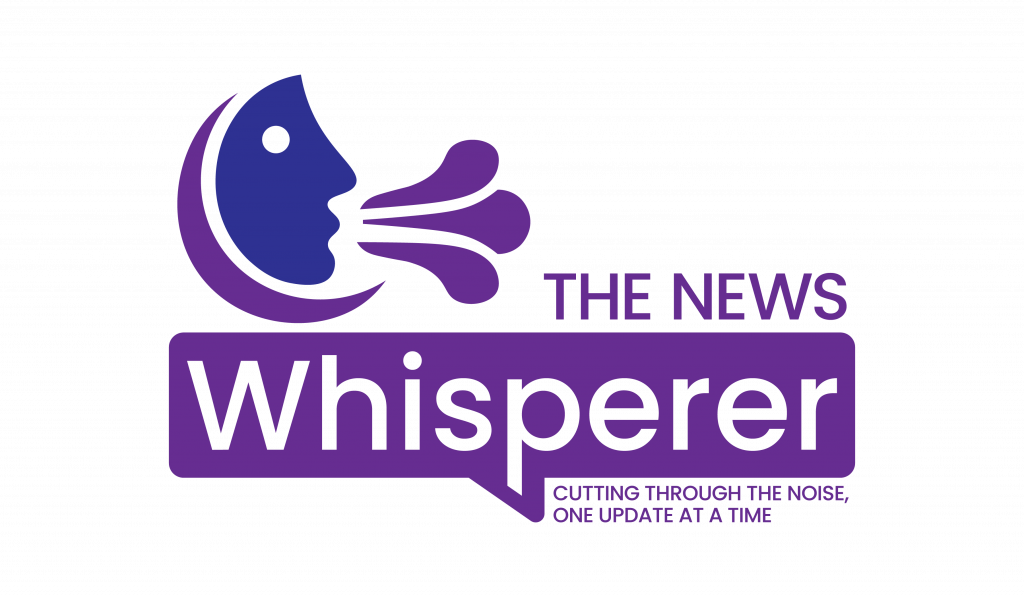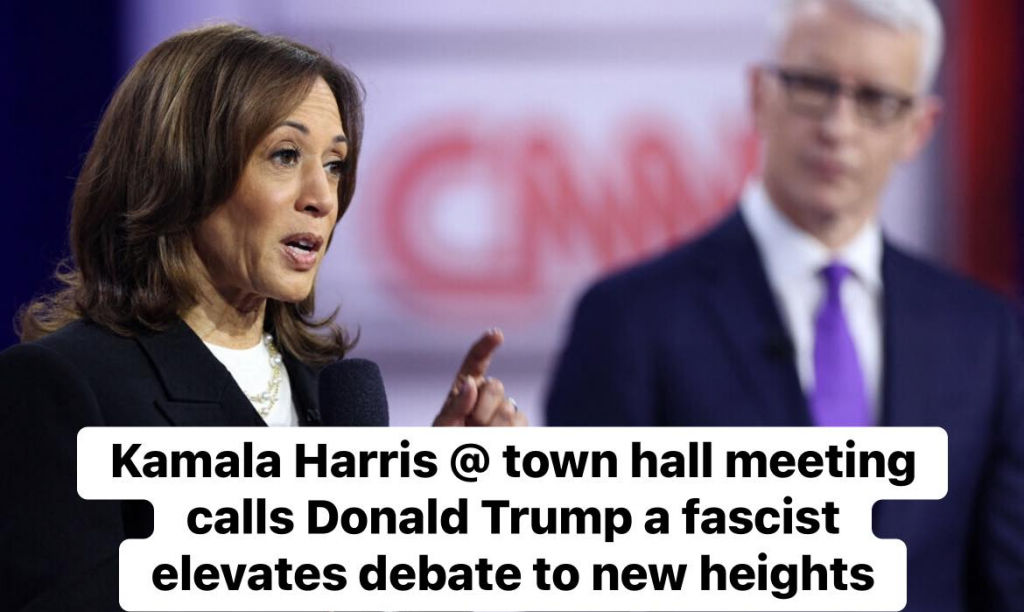Her strong language has elevated the debate to new heights, reflecting a sentiment that has circulated within the Democratic Party for years but is rarely voiced so boldly at higher levels. If Trump wins, Harris said, “He’s going to sit there, unstable and unhinged, plotting his revenge, plotting his retribution, creating an enemies list.”
In her exchange with Anderson Cooper, she emphatically agreed that Trump met the definition of fascism, reinforcing concerns raised earlier this week by John Kelly, Trump’s former chief of staff.
Harris’ critique was aimed at refocusing Democratic voters on what she sees as the looming dangers of another Trump presidency while addressing a wide range of policy issues from Supreme Court expansion to taxes and Gaza. Her strategy was clear: to remind Democrats of the divisive and anti-democratic language she associates with Trump, particularly at a time when some voters may be wavering on their support for her.
While Trump did not directly engage with Harris, her appearance contrasted with his media approach. Harris has consistently put herself in front of large and varied audiences, continuing to make her case to the American people, even as her past policy shifts are scrutinized. Despite the intense focus on her attacks on Trump, Harris also took the opportunity to reaffirm her flexibility on policy, emphasizing her openness to good ideas and the importance of consensus-building in governance.
With the election nearing, Harris still faces the challenge of defining herself to voters, many of whom remain unfamiliar with her background and experience. Yet her willingness to face tough questions and attack Trump has made her a prominent figure in the current political discourse, starkly contrasting her opponent’s more insular approach to media and public engagement.
- Follow or share

